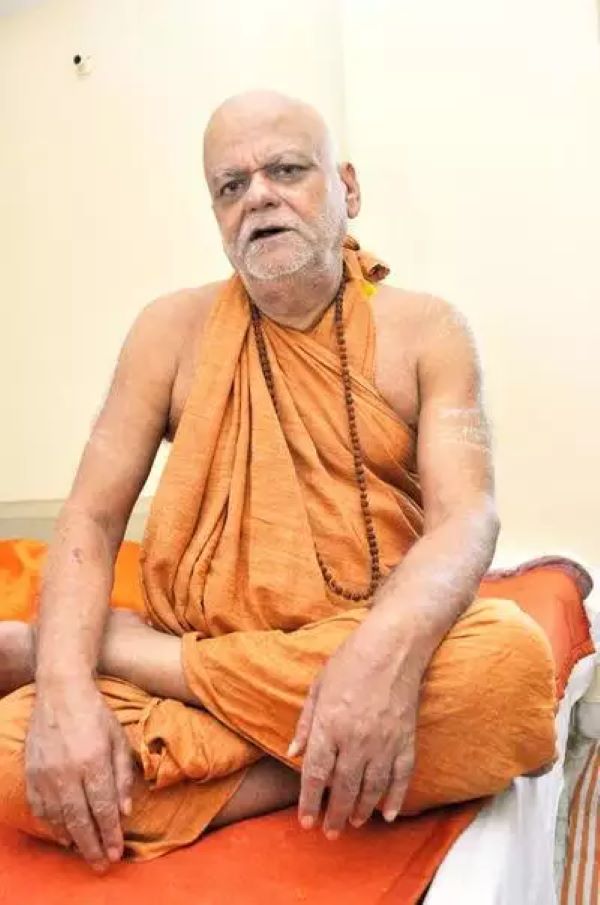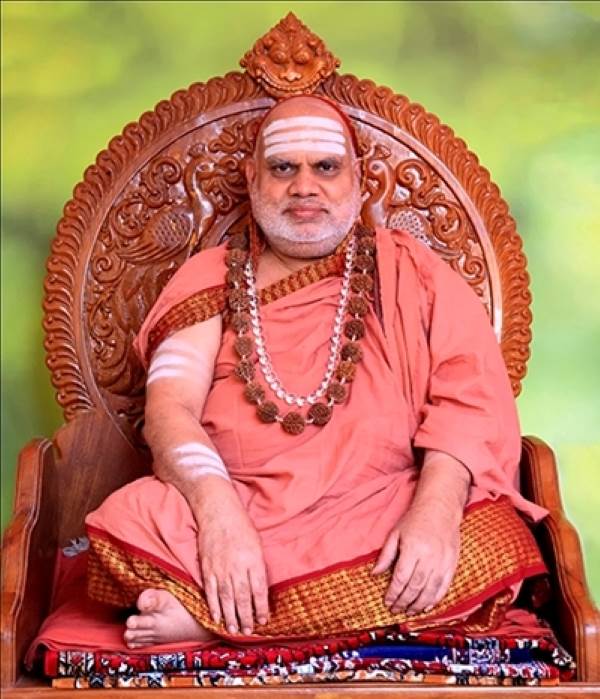As India prepares for the grand consecration ceremony of the Ayodhya Ram Mandir on January 22, 2024, a surprising development has cast a shadow of uncertainty. The four Shankaracharyas, revered spiritual leaders of Hinduism, have announced their decision not to attend the event. This refusal, coming from the heads of major Hindu monasteries, has sparked widespread debate and raised questions about their motivations and the potential implications for the ceremony.
Who are the Shankaracharyas?
The title "Shankaracharya" is held by the heads of four cardinal monasteries established by the 8th-century Hindu philosopher Adi Shankara. These monasteries are located in:
- Odisha
- Uttarakhand
- Karnataka
- Gujarat
The four Shankacharyas are:
- Shankaracharya Swami Nischalananda Saraswati
- Shankaracharya Swami Avimukteshwaranand
- Shankaracharya Swami Sadanand Saraswati
- Shankaracharya Bharati Teerth
Each Shankaracharya carries immense spiritual authority and commands the respect of millions of Hindus across India. Their pronouncements carry weight and often shape public discourse on matters of religion and society.
1. Shankaracharya Swami Nischalananda Saraswati

Source: Times of India
Swami Nischalananda Saraswati is the current 145th Shankaracharya of the Puri Govardhan Peetham. He was born in 1943 in Bihar, India. He is a scholar of Advaita Vedanta and has written extensively on the subject. He is also a social reformer and has worked to promote interfaith dialogue and harmony.
The Govardhan Peeth Org mentions: “The current Shankaracharya of Puri Peeth, Swami Sri Nischalananda Saraswati-ji Maharaj was born on 30th June 1943 in a village called Haripur Bakshi Tol in the Madhubani district of Bihar. His father was Pandit Sri Lalvamshi Jha and his mother was Smt Gita Devi. His father was a high-ranking scholar of Sanskrit in the Mithila tradition and was a court vidwan of the then king of Mithila (Darbhanga Kingdom). The Swami’s previous name was Nilambar, given by his elder brother Pandit Sridev Jha.”
2. Shankaracharya Swami Avimukteshwaranand
Source: Amar Ujala
Swami Avimukteshwaranand is the current 46th Shankaracharya of the Jyotirmath Peetham. He was born in 1969 in Uttarakhand, India. According to Namaste India, he became the disciple of Swami Satyamitranand Saraswati. He took over the responsibility of the Peetham in 2006.
3. Shankaracharya Swami Sadanand Saraswati
Source: YouTube
Swami Sadanand Saraswati holds the prestigious position of Shankaracharya at the Paschimannaya Dwarka Sharda Peeth, one of the four cardinal peeths established by the revered philosopher and theologian Adi Shankara in the 8th century. This ancient seat of learning, nestled in the holy city of Dwarka, Gujarat, is also known as the Kalika mutt.
4. Shankaracharya Bharati Teerth

Source: SVBF Youth Medium
Shankaracharya Bharati Teerth is the current 36th Shankaracharya of the Sringeri Sharada Peetham, one of the four cardinal peeths established by the revered philosopher and theologian Adi Shankara in the 8th century. Located in the town of Sringeri, Karnataka, it is also known as the Sringeri Mutt.
The Sringeri.Net mentions: “Jagadguru Shankaracharya Sri Sri Sri Bharati Tirtha Mahaswamiji, the presiding Pontiff and the 36th in the line of Jagadgurus of the celebrated Sringeri Sri Sharada Peetham is a saint par excellence and a sage beyond compare.”
Why Are They Refusing To Attend The Ram Mandir Event?
Here are some reasons these Shankaracharyas might not attend the Ayodhya Ram Mandir event:
- Incomplete Temple: They believe the temple construction is not yet complete, with significant portions of the complex still under development. Attending an incomplete ceremony, they argue, would compromise the sanctity of the occasion.
- Ritualistic Discrepancies: They raise concerns about deviations from traditional Hindu rituals and procedures during the consecration ceremony. Their adherence to established practices is paramount, and any perceived deviation could be seen as disrespectful.
- Lack of Inclusivity: Some express dissatisfaction with the exclusion of certain Hindu sects, particularly the Ramanandi Sampradaya, which claims Lord Ram as their patron deity. They believe the event should be more inclusive and representative of diverse Hindu traditions.
- Politicisation of the Event: Some Shankaracharyas feel the event has become overly politicised, losing its spiritual essence. They believe their presence could be misconstrued as endorsing a political agenda, which they want to avoid.


Comments
All Comments (0)
Join the conversation